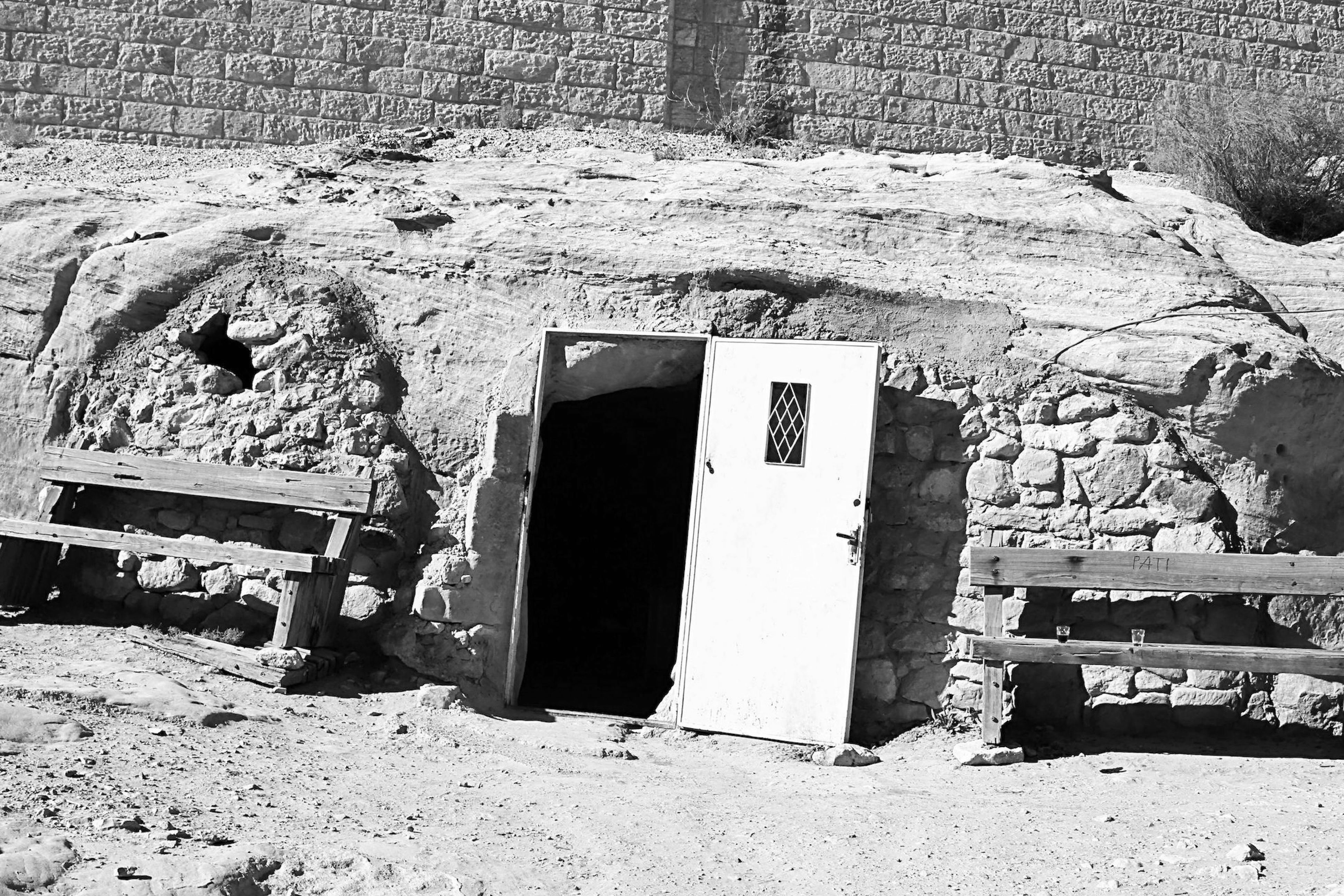Today, May 26th, marks day 121 since the first coronavirus case was detected in California and day 69 of quarantine (CalMatters). Are you hanging in there? Maybe you are tired of isolation, struggling to find entertainment, overwhelmed by academic workload, lacking the motivation to workout, eager to travel when this is all over, picking up new hobbies– or perhaps obsessions (like Animal Crossing) – or simply glad we’re halfway through the quarter. Despite the challenges of adapting to a global pandemic, you’re hanging in there. You are blessed. Others, however, have it worse.
For certain groups of people, notably refugees, COVID-19 is a misery. The COVID-19 crisis is a tragedy for refugee communities in which self-isolation is not realistic. Bangladesh’s Bazar Camp and Greece’s Moria Camp, for instance, are densely populated areas with “40 people per 1,000 meters squared” and “204 people per 1,000 meters squared” respectively (International Rescue Committee). With COVID-19 spreading at large in densely populated areas, refugees are hit the hardest. On top of that, social distancing, lack of testing and medical supplies, and inaccessibility to Internet information remain a challenge. How is it permissible to request that refugees practice social distancing if their permanent shelter is a tent with 15 other relatives? Self-isolation and complying with hygiene requirements is impractical. Moreover, many tents and camps lack running water and toilets. The scarce bathrooms and water drums that do exist are often shared between families in two or more adjacent tents. With millions of refugees interacting with each other daily to access water, bathrooms, food, and other supplies, these overcrowded areas have become hotspots for virus transmission.
Furthermore, most refugee camps are in war zones and poorly industrialized countries with the weakest healthcare systems. They lack personal protective equipment, ventilators, or testing and are even without soap. In fact, as Sahar Tawfeeq of the Red Cross says, “[y]ou can’t tell someone to use soap…if they don’t have any” (Collard). Access to basic medical supplies in refugee camps is so little that it is more common to hand wash with water alone. Limited access to handwashing stations makes the communities more at risk to contamination and pathogen transmission. As noted earlier, another issue is scarce medical testing. Communities that suffer from COVID-19, due to limited hygienic supply, are unable to count their amount of cases. Therefore, asymptomatic individuals may be carrying and transmitting the disease unknowingly; these instances are left unidentified. Since these communities already suffer from underlying medical conditions such as high risks of cancer, hypertension, and other diseases, they are at a heightened risk of contracting COVID-19 and dying because of it. Refugees alike struggle to obtain medical resources and maintain their health, leaving them at an increased risk of infection.
Last but not least, refugees are without Internet access to educate themselves about the coronavirus. In fact, the Bangladesh government issued “internet blackouts and phone restriction at Rohingya refugee camps,” making it impossible for refugees to access COVID-19 information or communicate with humanitarian groups that aim to provide medical testing and supplies to them (Human Rights Watch). Internet restrictions can increase the spread of misinformation and prevent refugee patients from receiving medical attention.
So, in many ways quarantining is a privilege that many people are unable to partake it. They do not have a stable home or shelter to protect them. They are without clean water, basic soaps, and Internet information. Remind yourself that you have overcome 121 days of COVID-19 safely. Others await their fate due to circumstance.
https://calmatters.org/health/coronavirus/2020/04/gavin-newsom-coronavirus-updates-timeline/
https://www.rescue.org/article/refugees-do-not-have-luxury-social-distancing
https://www.hrw.org/news/2020/03/26/bangladesh-internet-ban-risks-rohingya-lives#
https://foreignpolicy.com/2020/03/20/you-cant-do-social-distancing-if-youre-a-refugee/

